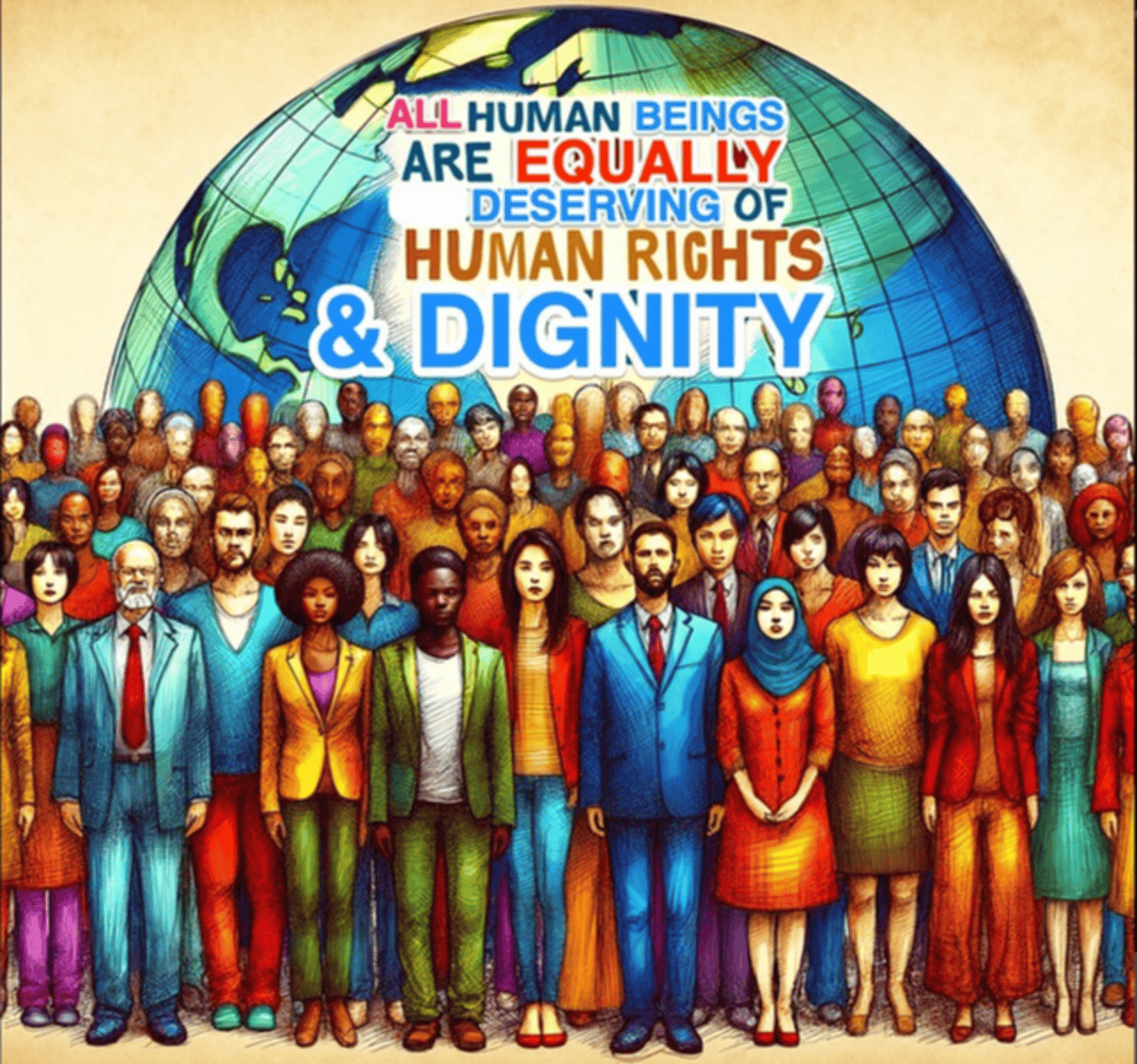Iran’s First Criminal Court has sentenced popular singer Amir Hossein Maghsoudloo, better known as Tataloo, to death after he was convicted of blasphemy for allegedly insulting the Prophet Muhammad. The sentence follows an appeal, which overturned a previous decision that had sentenced the 37-year-old musician to five years in prison.
Tataloo, a well-known figure in Iran’s music scene, is particularly popular among young people due to his outspoken political views, often expressed through his lyrics. Supporters argue that the charges against him are politically motivated, stemming from his criticism of the Iranian regime. Tataloo’s music has frequently touched on themes that challenge conservative values, leading to conflicts with authorities over his artistic freedom.
Initially, Tataloo enjoyed some support from conservative figures, particularly in 2015 when he released a song that supported Iran’s nuclear program, aligning with the government’s position. However, as his music and public persona evolved, diverging from the regime’s conservative values, his work was increasingly censored and restricted. Reports from Iran News Update indicate that the Ministry of Guidance has been tightening control over the country’s cultural and artistic expression, with many artists facing imprisonment, censorship, or exile.
Tataloo, who had been living in Istanbul since 2018, was arrested by Turkish authorities in December 2023 and subsequently extradited to Iran. Since then, he has been in detention facing multiple charges, including “propaganda” against the Islamic Republic, promoting prostitution, and publishing “obscene content.” Amnesty International has criticized Iran’s judicial system, claiming it is controlled by security and intelligence bodies, undermining the independence of the courts.
The case has drawn international concern. UN human rights experts have long criticized Iran’s treatment of freedom of expression and religion. In a 2022 statement, the UN emphasized the need for Iran to ensure rights to freedom of religion and expression without discrimination. Blasphemy charges, particularly against religious minorities and critics of the regime, have been described by the UN as part of a broader pattern of persecution. In 2023, Iran executed at least two individuals, Yousef Mehrdad and Sadrollah Fazeli Zare, for blasphemy-related offenses under Iran’s Islamic Penal Code.
Amnesty International’s Diana Eltahawy stated that the Iranian authorities have increasingly “weaponized the death penalty” to suppress dissent and instill fear among the population. According to the UN, Iran executed at least 853 people in 2023, and reports indicate the country has continued to carry out executions into 2024.
References:
- Amnesty International: Reports on the state of human rights in Iran.
- Iranian Penal Code: Details on blasphemy charges and punishments under Iranian law.
- United Nations: Statements on freedom of expression and religious rights in Iran.
This summary provides a brief yet comprehensive overview of Tataloo’s case, placing it in the context of broader human rights concerns in Iran, particularly regarding freedom of expression and the use of the death penalty.
Human Rights Illustration by Wesley Fryer on Flickr



